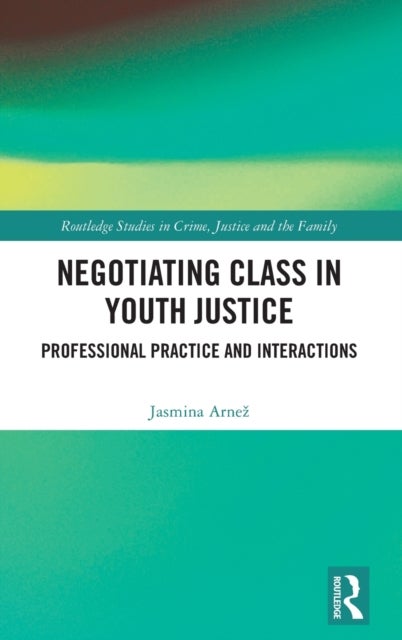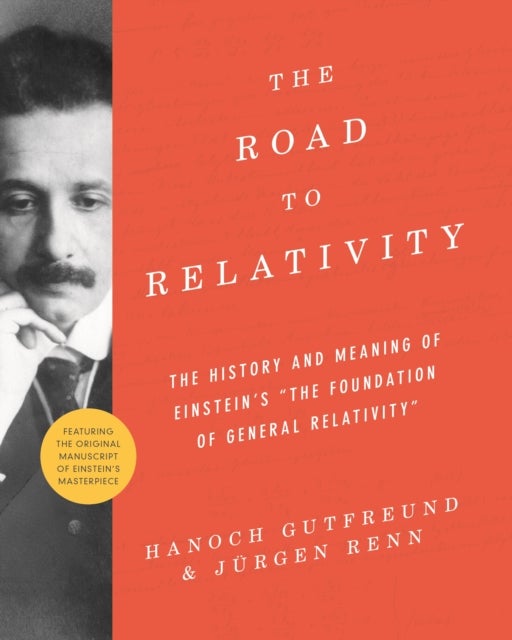
Negotiating Class in Youth Justice av Jasmina Arnez
1759,-
<P>This book examines how class shapes interactions between professionals, parents, and young people in the youth justice system, utilising a mix of contemporary social theory and a wealth of empirical material. It suggests ways to neutralise the effects of class on youth justice interventions in structurally unequal societies and argues for reform based on conceptions of negotiated justice, relational agency, and autonomy in dependence.</P><P>The author develops a theoretical framework to explore how class is negotiated within youth justice, taking as its starting point the work of Bourdieu on habitus, Boltanski and Th¿not on the sociology of lay normativity, and Sayer¿s work on moral understandings of class. This is combined with a detailed reading of empirical material gathered through focus groups, interviews with practitioners, parents and children, and participant observation of parenting courses. The result is an innovative revisiting of the part that social class plays in deter








